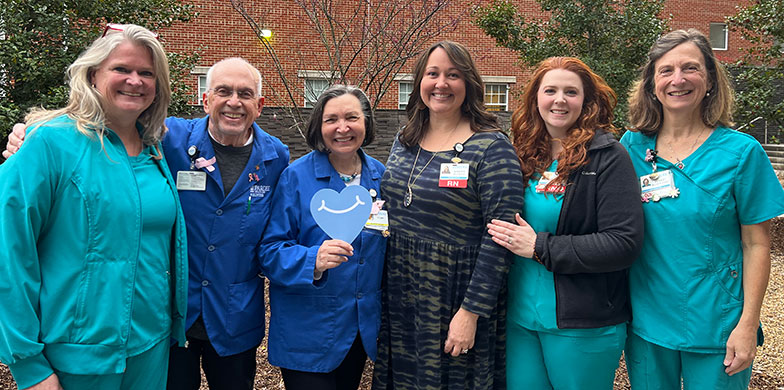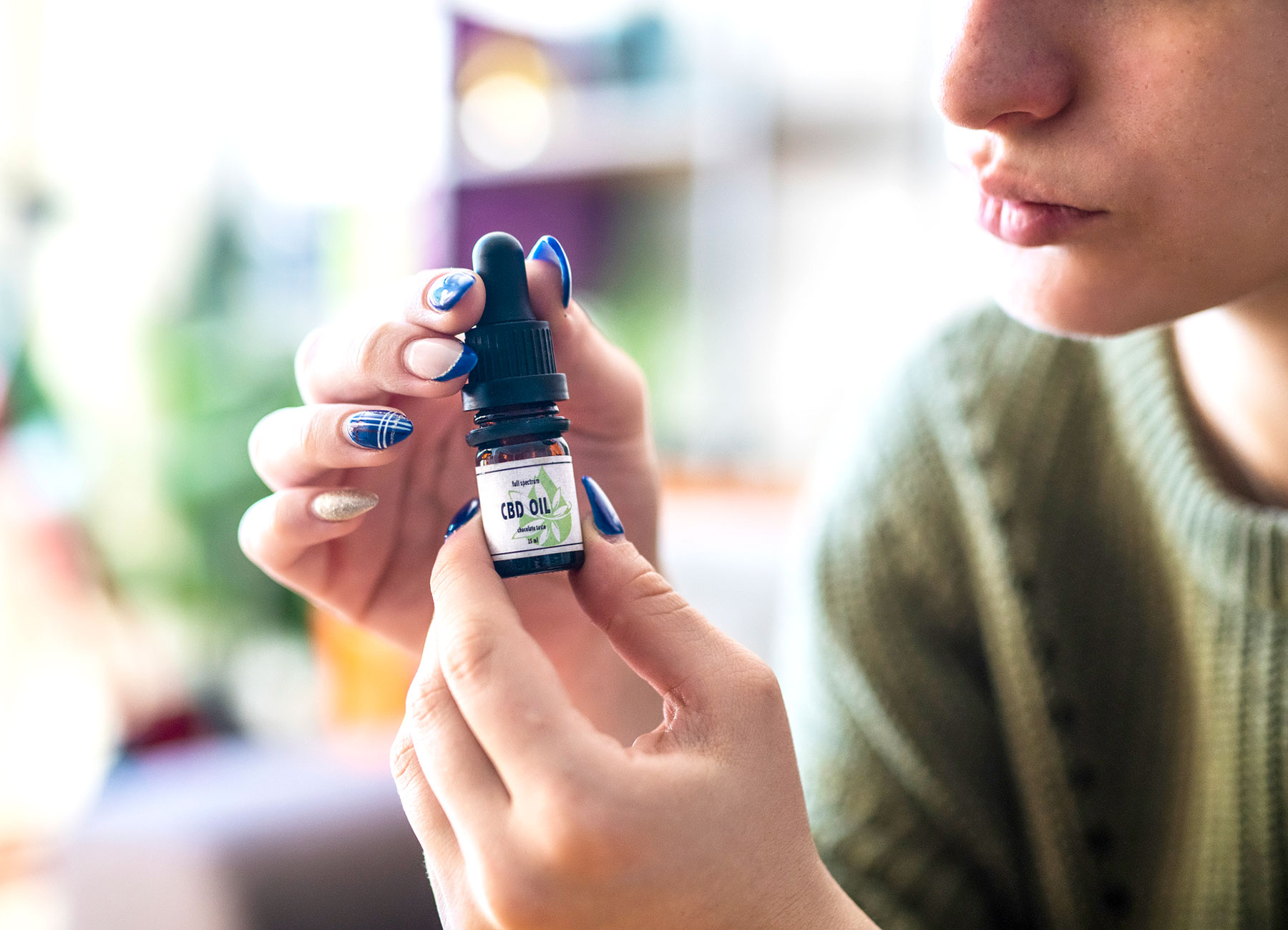As summer winds down and we approach the cooler days of fall, many of us are trying to soak up as much outdoor time as possible. From hamburgers on the grill to hikes in any number of our forests and outdoor areas, we have countless options. Unfortunately, we also have numerous opportunities for unexpected injury or illness.
Imagine one day being able to enjoy a hearty steak or a juicy hamburger – and then suddenly, your body actually becomes allergic to red meat. Would you believe me if I told you the source of this new allergy was a tick? This is what happened to Caitlin, an avid camper who after years of suffering from stomach issues, finally realized the source of her pain – Alpha-gal syndrome.
What is Alpha-gal syndrome?
Alpha-gal syndrome (AGS) is a serious allergic condition that occurs when someone consumes red meat or is exposed to other products containing alpha-gal, a sugar molecule found in most mammals. It sounds bizarre, but as I mentioned, AGS is associated with tick bites – most commonly, the Lone Star tick, which is found in the southeastern United States, including western North Carolina. The bite transfers alpha-gal to the body and for some individuals it triggers a reaction from the body’s immune system, causing the allergic reaction.
Ticks, bugs and other insect bites
While AGS is an extreme reaction and isn’t the result of every tick bite, a recent study has shown that as many as 450,000 Americans may be living with the condition. In any case, it’s important to take precautions if you’re going to be exposed to ticks or other insects.
Wearing light-colored clothing can make it easier to spot bugs crawling on you. Building on that, I also suggest wearing long pants and tucking them into your socks and shirt into your pants. This way, ticks or other creatures won’t have access to your skin. Arguably, the most important tip is doing tick checks. When you come inside from a day in the woods, tall grassy meadows, or areas with a lot of brush, check yourself over to make sure you didn’t bring any hitchhikers home with you. Taking a shower after being outside can help to wash off ticks that have not attached themselves.
If you find a tick that is attached, remove it as soon as possible. Using tweezers, gently grasp the head or mouth, the portion closest to your skin, and pull it off. Thankfully, most ticks need to be attached at least for several hours, but commonly up to one to two days, for them to pass along infections like Lyme disease.
Staying safe in the great outdoors
Whether it’s a tick bite or a fractured bone while mountain biking, I want to emphasize the importance of staying safe while enjoying all western North Carolina has to offer — and also knowing when and where to seek help if an emergency arises.
As we transition from summer to fall there are a handful of health concerns, including the aforementioned tick bite, that we see frequently this time of year. I’ll share tips on how to prepare and prevent illness and when to be seen by a medical professional.
Sprains and strains, aches and breaks
Whether it’s falling on wet concrete, hurting yourself doing yard work, or while hiking or biking, urgent care can provide treatment for everything from cuts and scrapes to full casts for broken bones.
We sometimes have the tendency to brush it off if we don’t think we’ve had a serious injury, but without proper care, something minor can become much worse. For example, in the immediate moments after a fall it’s critical to be aware of your body and check if there are areas of swelling or bruising. Swelling and bruising can go down with cold pressure, like an ice pack but if the pain isn’t getting better and the limb looks misshapen, something bigger could be happening, like a broken bone. If that is the case, go to the closest urgent care, where you can get an X-ray to diagnose what’s going on.
Here for you
Having access to urgent care is vital as it provides affordable, immediate and quality care for patients in a time of crisis. UNC Health Pardee has four urgent care clinics across the region in Buncombe, Henderson and Transylvania counties, as a resource for our patients. To find a location near you visit pardeehospital.org/urgentcare.





